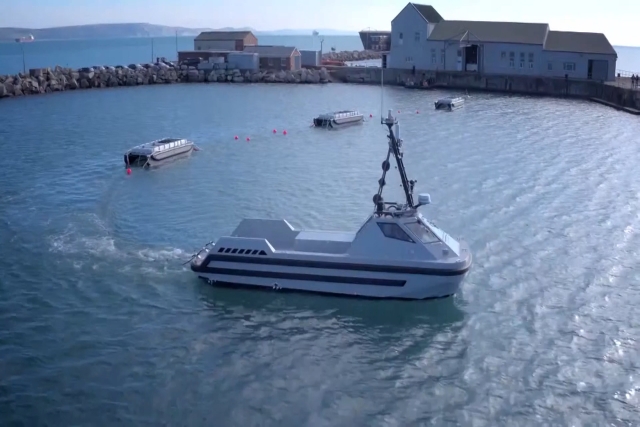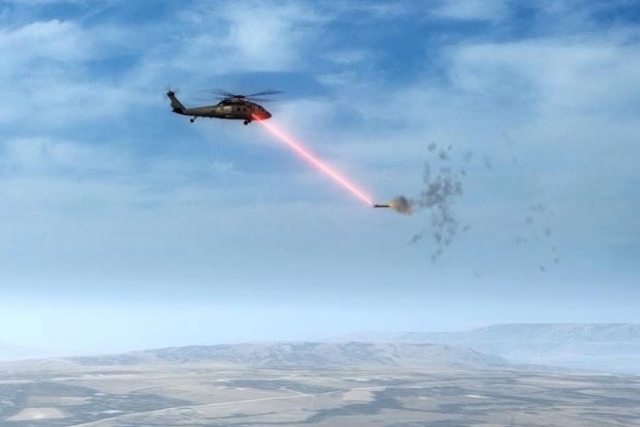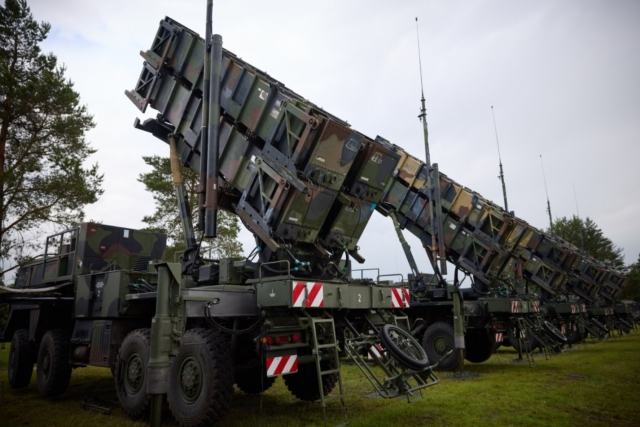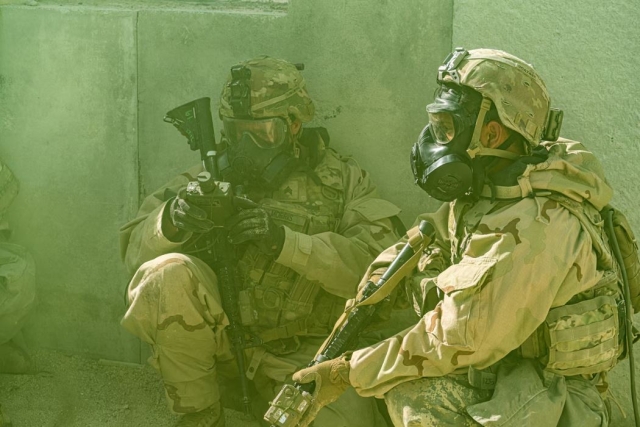Embraer Tests Prototype of AI-enabled Aircraft in Brazil
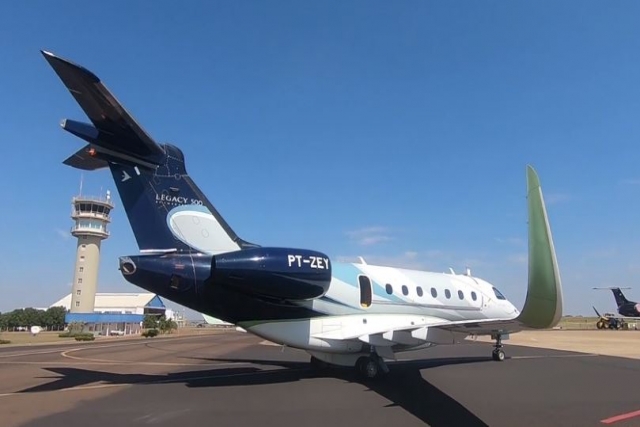
A scientific and technological cooperation between Embraer and the Universidade Federal do Espírito Santo (Ufes), in the areas of autonomous robotics and artificial intelligence resulted in the first test of an autonomous aircraft in Brazil.
Ufes is a self-governing institution connected to Brazil’s Ministry of Education (MEC).
The sensor and image navigation set led the autonomous systems technology demonstration aircraft through the runway, taxi area and patio independently, without outside assistance. A pilot followed the cockpit operation in case of any interference. The test took place in the last week of August, at Embraer unit in Gavião Peixoto, in São Paulo state.
For the past six months, researchers from Embraer and Ufes worked together on mathematical and computational models of automation, software development, hardware, laser sensor kit, GPS and cameras, as well as systems integration into the aeronautical platform. The autonomous land navigation system was tested in a simulator during preliminary assessments prior to actual operation.
The integrated artificial intelligence system monitored the aircraft’s external and internal conditions, which acts independently on the acceleration, steering and braking commands, and accurately performed the movement along the indicated path.
The test aircraft platform - the same one used for the development of the modern executive jets Legacy 500 and Praetor 600 - integrated features of the Intelligent Autonomous Robotic Automobile (IARA) system, result of an autonomous cars’ research that began in 2009, at the Ufes High Performance Computing Laboratory (LCAD).
